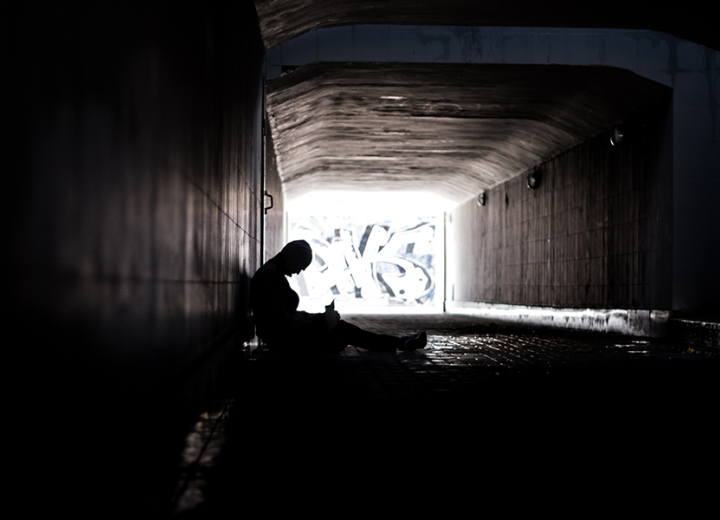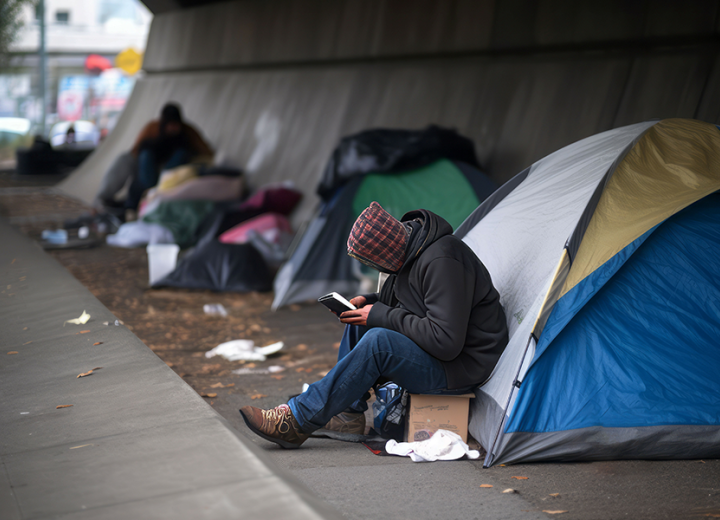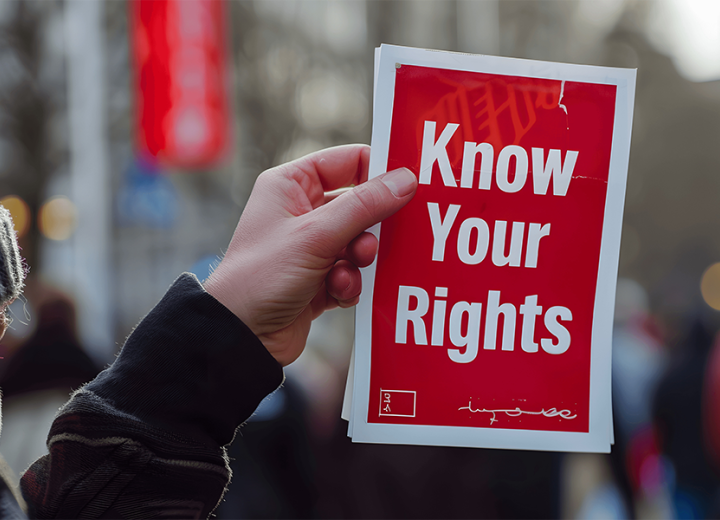The Know Their Rights Project
Municipal Codes Impacting Unhoused and Unsheltered Individuals in Southern Nevada
The Know Their Rights Project is the culmination of a semester-long experiential course at the UNLV William S. Boyd School of Law examining how municipal laws affect unhoused and unsheltered individuals in Southern Nevada. Under the guidance of Professor Nantiya Ruan- a nationally recognized scholar and advocate for poverty law, workplace justice, and legal education- the Spring 2025 class engaged in legal research, policy analysis, and public interest advocacy to explore local codes and ordinances that criminalize or marginalize homelessness. This project was developed in collaboration with the Nevada Homeless Alliance and the American Civil Liberties Union (ACLU) of Nevada, whose support and expertise were instrumental in shaping the research and community-centered approach of the report.
The need for a current, consolidated legal survey emerged in the wake of the U.S. Supreme Court’s 2024 decision in Grants Pass v. Johnson, which held that generally applicable laws prohibiting camping or sleeping outside do not violate the Eighth Amendment’s Cruel and Unusual Punishment clause. This decision rolled back critical protections from Martin v. Boise, which previously prohibited municipalities from enforcing camping bans when no shelter was available. In response, jurisdictions across the western United States- including Las Vegas and Clark County- enacted or amended ordinances, creating new questions about the real-world consequences of these legal changes.
This site is intended to serve as a starting point- a tool for community members, advocates, and policymakers to conveniently survey the current legal landscape and identify pressing questions that demand further inquiry. We invite officials, service providers, and advocates to increase transparency and share data that can inform more humane, effective policymaking. Together, we can shape a legal landscape that truly serves all members of our community.
The materials provided on this “Know Their Rights: Homeless Policy Advocacy” webpage are published by the faculty and students of the Williams S. Boyd School of Law solely for educational and informational purposes. Nothing on this site constitutes legal advice, nor does it create an attorney–client relationship between you and UNLV's faculty, students, or staff.

Report
Review our policy report analyzing the disparate impacts of camping ordinances on unhoused and unsheltered populations in Southern Nevada.

Spreadsheets
Examine local codes and ordinances that target behaviors such as sleeping or camping in public, sitting or lying down in public spaces, living in vehicles, loitering, panhandling, and food sharing.

Know Your Rights
Access information resources regarding your rights.